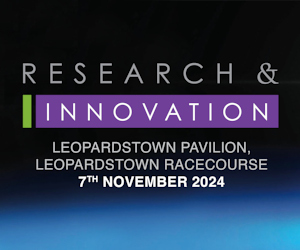Scientists develop blackest material ever created

Reminded of the line from Father Ted about whether a priest’s sock is black or very, very, very dark blue, a team of scientists have created a material blacker than has ever existed.
The scientists from Surrey NanoSystems who produced the material known as ‘Vantablack’ can officially say it is the darkest material in the world because its rate of light absorption is unlike anything seen before, with only 0.035pc of light escaping from its surface.
In their release on the material, the scientists explained the material is made from thousands of low-temperature carbon nanotubes that are 10,000 times thinner than the width of a human hair. These nanotubes are are then placed on a sheet of aluminium foil and are supposedly so dark the human eye has difficulty figuring out what it is looking at.
Aside from being 7.5 times more absorbent of heat than copper, which is traditionally considered one of the best ways of absorbing heat, it is also stronger than steel by a factor of 10.
Of course, the material will not be used in making priests’ socks as black as possible but will rather have a whole range of uses, particularly in space, where heat and light from the sun are a continuing challenge for those travelling to and living outside the Earth’s outer reaches.
According to its developers, Vantablack will be particularly useful for the construction of large, sensitive telescopes, infrared scanning systems and even space stations.
According to Surrey NanoSystems’ chief technical officer Ben Jensen, the material will now be produced in greater quantities.
“We are now scaling up production to meet the requirements of our first customers in the defence and space sectors, and have already delivered our first orders. Our strategy includes both the provision of a sub-contract coating service from our own UK facility, and the formation of technology transfer agreements with various international partners.”








There are no comments at the moment, do you want to add one?
Write a comment